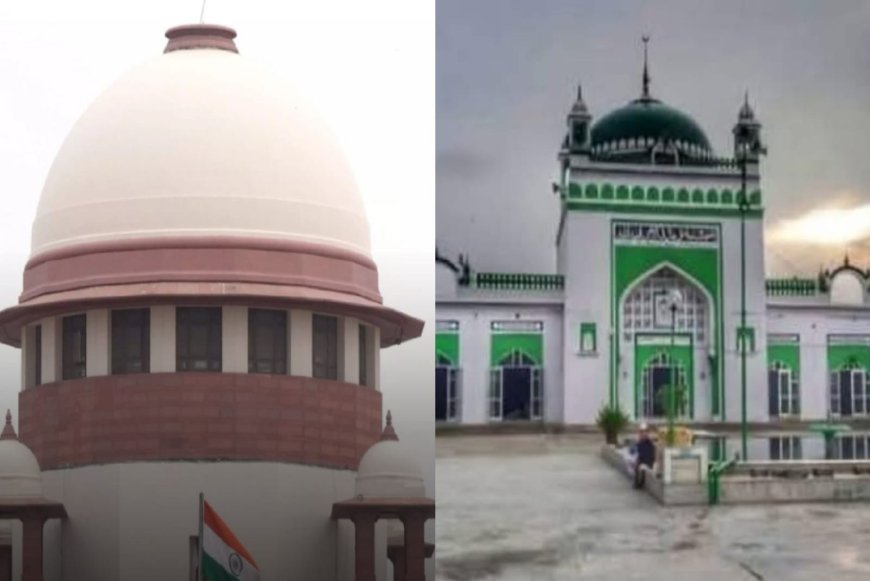Supreme Court Halts Mosque Surveys Amid the Places of Worship Act Debate
The Supreme Court prevents subordinate courts from issuing orders on mosque survey appeals.

Mumbai (Maharashtra) [India] December 12 : The Supreme Court has ordered a halt to surveys of places of worship, including mosques, as it considers petitions contesting provisions of the Places of Worship (Special Provisions) Act, 1991. Lower courts were instructed to hold off on admitting or issuing orders in these instances until after additional hearingsby Supreme Court. "No order of survey or any other effective order to be passed in existing suits as well,” stated the court.
Understanding the Places of Worship Act, 1991
The 1991 Act prohibits the conversion of any place of worship and preserve their religious identity as it was on August 15, 1947. The Act aims to preserve communal harmony by The Act aims to preserve communal harmony by freezing the status of every place of worship. The Act, according to petitioners, violates the rights of Buddhists, Sikhs, Jains, and Hindus to reclaim religious sites that were allegedly destroyed in the past.
Supreme Court Examines the Legitimacy of Act
A bench comprising Chief Justice of India Sanjiv Khanna and Justices PV Sanjay Kumar and KV Vishwanathan stated, "We are examining vires, contours and ambit of 1991 law on places of worship Act". One of the six petitions the court is considering comes from Ashwini Upadhyay, who challenges Sections 2, 3, and 4 of the Act. It is claimed that these clauses prevent courts from acting to restore places of worship.
Centre Directed to File Reaction
The Central government has been given four weeks by the court to respond to the pleas, with additional four weeks granted to other parties to do the same. Following the completion of all filings, the bench plans to proceed with hearings. The SC also allowed submissions from other parties, including Muslim organisations to ensure range of viewpoints in the case.
Tough and Sensitive Legal Debate
The petitions raise significant constitutional and historical issues, arguing that the Act restricts the judicial powers of particular communities. At the same time, supporters of the law stress how important it is to preserving religious unity and peace. The court's decision to stop mosque surveys makes sure that current tensions won't worsen while the case is pending.
Awaiting the Next Steps
The Supreme Court's involvement highlights how delicate the situation is. As the Centre and other parties get ready to submit their arguments, the case is set to become a landmark analysis of Indian constitutional principles and religious rights.
By Manasa Permulla

 Kevin Varchand
Kevin Varchand 





